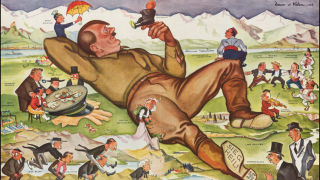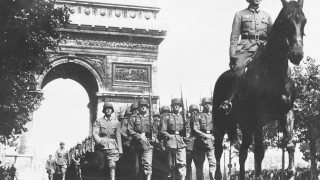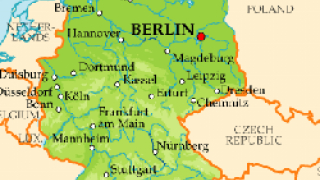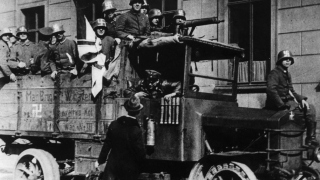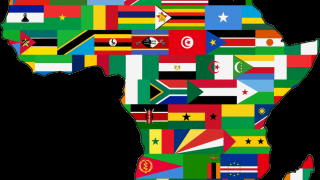02.10.2023
In the immediate years after World War I, France seemed to have gained an impregnable position in mainland Europe. France's old rival, Germany, was...
14.08.2020
Eight decades ago in the late summer of 1940 the Wehrmacht's generals, at Adolf Hitler's behest, were beginning preparations for a massive invasion...
31.01.2020
It is often thought that the Third Reich's final major offensive of the Second World War comprised the Battle of the Bulge, which was launched in mid...
21.02.2013
- Manuel, please, can you to characterize contemporary foreign policy of Germany, it's implications toward EU, changes during last years and possible...
23.08.2023
My (alas deceased) friend, great businessman and patriot, Mikhail Yuriev, once asked me a question: why is the ideal a zero foreign trade balance, i....
18.10.2023
In the two previous articles, we said that the terrorist group of the MEK, which was on the list of terrorist organizations of the United States and...
19.12.2022
Following the failure of the far-right Kapp Putsch in Berlin (13–17 March 1920) General Erich Ludendorff, Germany's military ruler during the latter...
15.08.2016
German Foreign Minister Frank-Walter Steinmeier is on an official visit to Russia. In Yekaterinburg, he delivered a public lecture and also met with...
15.05.2017
In January 2017, the Minister of Economic Cooperation of Germany Gerd Muller offered to launch a new “Marshall Plan” for Africa. The minister’s...
17.11.2021
The USSR's hierarchy was caught unprepared, and unnecessarily so, when Nazi Germany invaded their country eight decades ago on 22 June 1941, in a...
21.07.2022
Eternity and philosophy are more important than anything else
03.10.2016
Today is a national holiday in Germany, which commemorates the reunification of Germany on October 3rd, 1990 in accordance with the treaty which...


